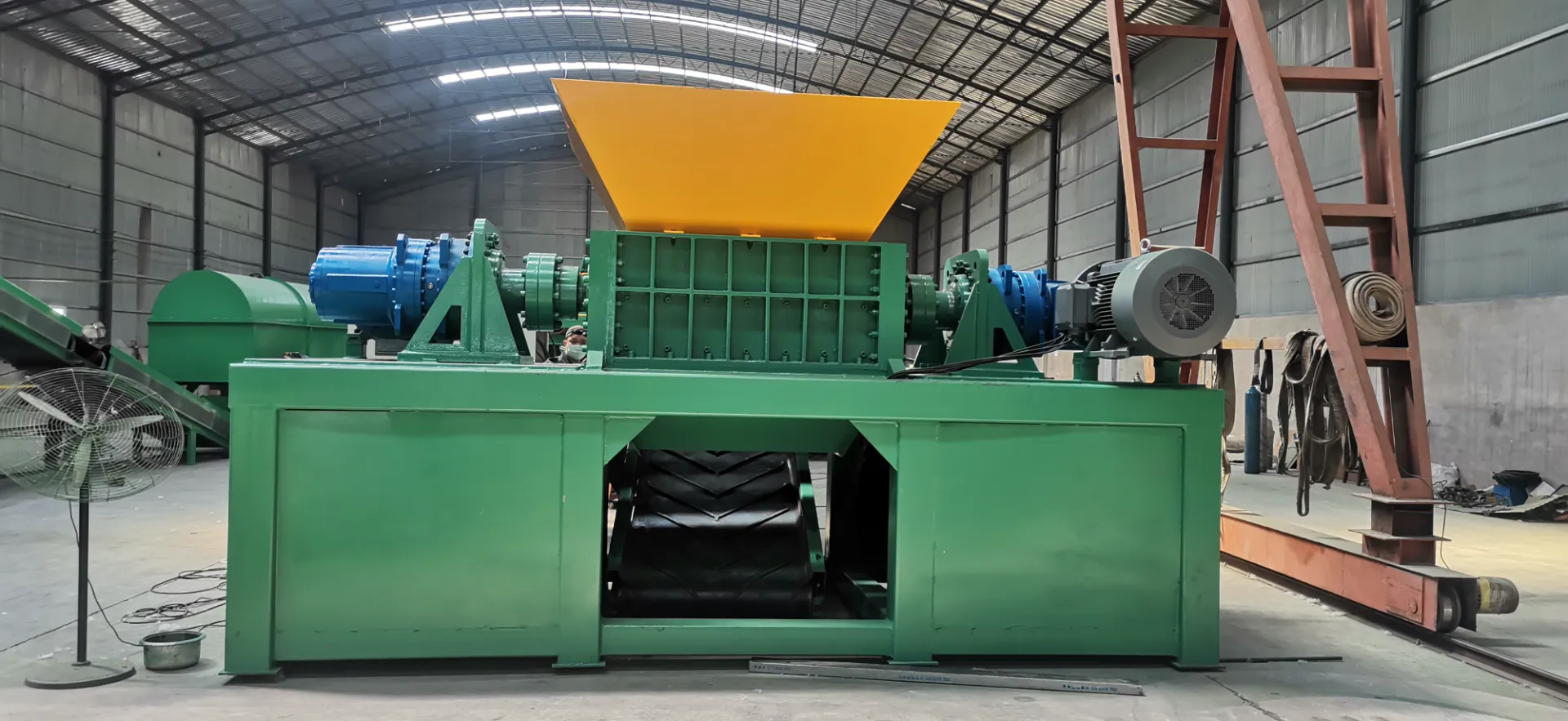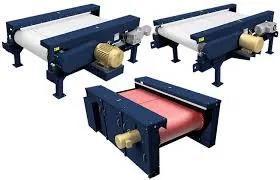Choosing the right scrap yard shredder is crucial for any business involved in recycling or waste management. These machines play a pivotal role in processing large volumes of scrap materials, enabling efficient recycling and disposal. Opting for a shredder that perfectly aligns with your specific operational needs can significantly enhance productivity, cost-efficiency, and environmental compliance.

To begin with, understanding the diverse types of scrap yard shredders available on the market is essential. Common variants include hammermill shredders, granulators, and shear shredders, each designed for particular types of materials and scales of operation. Hammermill shredders are particularly effective for breaking down large, bulky items into smaller fragments, making them suitable for heavy-duty operations involving metals. Granulators, on the other hand, excel in size reduction, producing uniform chips from plastics and other softer materials. Shear shredders operate with rotary cutters and counter knives, making them ideal for a precise cut, especially useful in recycling applications requiring minimal dust production.
The next crucial factor to consider is the capacity and power of the shredder. Machines vary significantly in terms of throughput capabilities—measured in tons per hour. Selecting a shredder that matches or exceeds your processing requirements prevents bottlenecks and ensures smooth operation. Furthermore, the motor power, typically specified in horsepower or kilowatts, needs assessment based on the hardness and quantity of the materials to be processed. Overpowered units may inflate operational costs unnecessarily, while underpowered equipment can lead to frequent downtimes and maintenance issues.

Additionally, one must evaluate the durability and maintenance needs of the shredder. Since shredders are subject to considerable wear and tear, especially in metal recycling facilities, choosing a robust machine built from high-quality materials is essential. Check for features like easy access to wear parts and compatibility with replacement components to minimize downtime during maintenance. Some manufacturers offer predictive maintenance technologies, integrating sensors that provide real-time data on machine health, thus enhancing reliability and reducing unexpected failures.
scrap yard shredder
Investing in a shredder with advanced technological features can significantly bolster operational efficiency and data transparency. State-of-the-art shredders come equipped with smart automation capabilities that optimize load management, auto-reversing functionalities to prevent jams, and sophisticated control systems for seamless operation integration. Moreover, some models offer comprehensive reporting systems that provide insights into material types processed, volume metrics, and operational efficiencies, supporting data-driven decision-making processes.
Cost is always a pivotal concern, not just in terms of purchase price but also in regards to operational expenditure. It's critical to calculate the total cost of ownership, including electricity consumption, maintenance expenses, and anticipated lifespan of the machine. Although the initial price might be attractive, higher long-term costs can negate its advantages. Opting for energy-efficient models can result in significant savings over the machine's operational life.
Lastly, partnering with a reputable manufacturer or dealer is fundamental to ensure not only a quality purchase but also ongoing support. Look for partners who offer comprehensive after-sales service, including installation support, training for operational staff, and an extensive warranty period. Client testimonials, case studies, and independent reviews can provide invaluable insights into the dependability and performance of the shredders in real-world applications.
In conclusion, selecting an appropriate scrap yard shredder involves a meticulous evaluation of type, capacity, durability, technological sophistication, cost, and vendor reputation. Prioritizing these factors will not only enhance your facility’s efficiency but will also fortify your role as an environmentally responsible entity, committed to sustainable practices in waste management. The right choice contributes to seamless operations, reduced downtime, and improved financial outcomes, establishing your business as a leader in the recycling industry.


